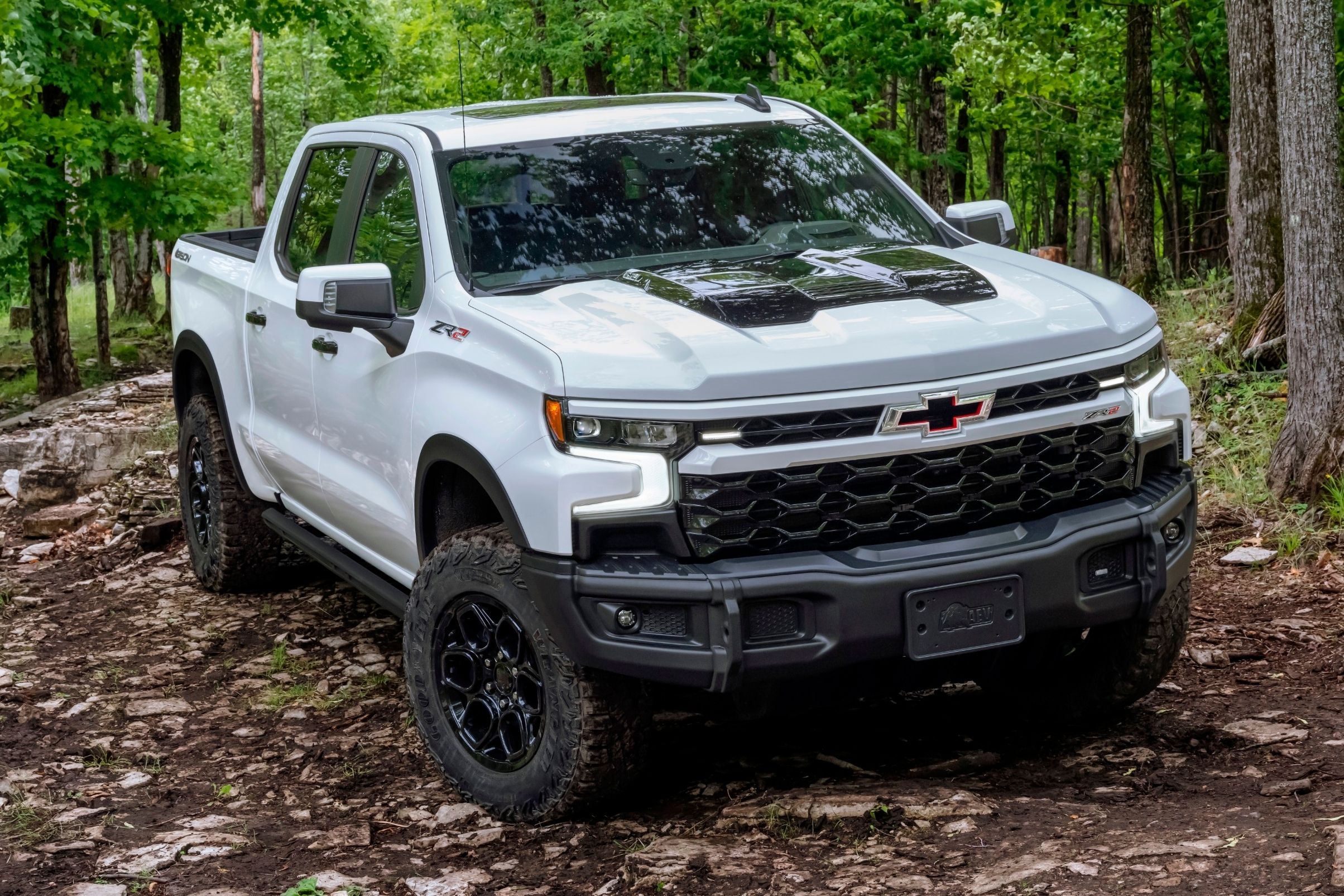
When the Patriot Act was signed into law in 2001, the land of the free and the home of the brave remained as such, but it also became the land of the surveilled. When prying government eyes are brought up in conversation, it's usually in reference to phone conversations and web searches (the government knows what you've searched even after a browser history delete), but a useful tool for surveillance has emerged in the modern automobile, and it has gained eyes and ears as time has passed.
The New York Times decided to delve into the matter and find out just how much data a car can collect, where it can send it, and most importantly, who owns it. It doesn't take much thinking to dream up all the ways a car's modern technology can be used to pry into the lives of its occupants. Aside from the onboard blackbox event data recorders, which are subject to government regulation, cars come with GPS systems, microphones, smartphone connectivity (giving access to call logs and text messages), live video feed of the road ahead, radar sensors and even weight sensors under the seats for smart airbag systems that can be used to determine if a driver hits the drive thru too often.
Some new systems, intended to ensure that drivers are staying focused on the road, can even go as far as to track a driver's eye movements, effectively giving cameras access to what goes on inside a car. At current, there are few laws governing what data can be collected and used, and typically drivers surrender ownership of that data to companies when they sign off on a user agreement form or download an app. What most drivers don't know is that the data is valuable to cities and companies, so much so that urban planners and retailers often purchase location information and other forms of data to find out travel and purchasing patterns. Scary as it might seem, there's not much one can do to avoid it.
Anyone with a smartphone is already giving away more data than they'd like, so unless reserving oneself to a life without a phone or a newer car, your data will be sold at a profit and used to find out how you travel and buy until the government or rogue hackers decide to do something about it. Cross your fingers that it's the right kind of hacker too.


